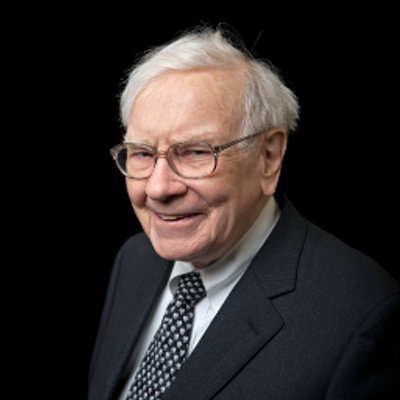Investing:
- Don’t be too fixated on daily moves in the stock market (from Berkshire letter published in 2014)
- Don’t get excited about your investment gains when the market is climbing (1996)
- Don’t be distracted by macroeconomic forecasts (2004)
- Don’t limit yourself to just one industry (2008)
- Don’t get taken by formulas (2009)
- Don’t be short on cash when you need it most (2010)
- Don’t wager against the U.S. and its economic potential (2015)
Management:
- Don’t beat yourself up over wrong decisions; take responsibility for them (2001)
- Don’t have mandatory retirement ages (1992)
- “Don’t ask the barber whether you need a haircut” because the answer will be what’s best for the man with the scissors (1983)
- Don’t dawdle (2006)
- Don’t interfere with great managers (1994)
- Don’t succumb to the attitudes that undermine businesses (2015)
- Don’t be greedy about compensation, if you’re my successor (2015)
Last, Buffett advises “Don’t worry about my health” — because Berkshire’s future success is is tied to reinsurance lieutenant Ajit Jain. “Worry about his.” (2001)

 Investing:
Investing:

 “Four years ago, I told you that we needed to add one or more younger investment managers to carry on when Charlie, Lou and I weren’t around. At that time we had multiple outstanding candidates immediately available for my CEO job (as we do now), but we did not have backup in the investment area.
“Four years ago, I told you that we needed to add one or more younger investment managers to carry on when Charlie, Lou and I weren’t around. At that time we had multiple outstanding candidates immediately available for my CEO job (as we do now), but we did not have backup in the investment area. 
